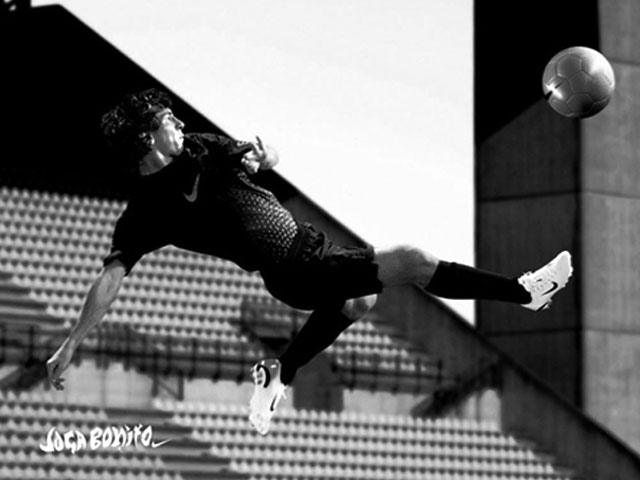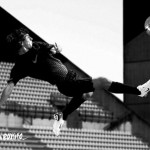Jessica Van Handel
ARCH-4980.3 | Carla Leitao, Adjunct Professor
THE MOBILE GAME
JESSICA VAN HANDEL
Sociologists such as Johan Huizinga, author of Homo Ludens, have noted that ‘play’ is older than culture. Huizinga states that play is “a well-defined quality of action which is different from ‘ordinary life.’” The stadium is an arena for ‘play’ and should therefore work to enhance the experience of play for the players and the audience.
Countries have invested a lot of time and infrastructure to prepare their cities for major sporting events such as the Olympics and the World Cup. These infrastructures are usually informed by organizational logics of traffic in dense urban environments, accommodations and sport event space regulations. The events create a clear pressure on the already dense fabric of the city. In the business world, the increased demand for remote conferences and interactive tradeshows, has allowed businesses such as Social27 to take advantage of the open market and develop ways to provide companies with ways to interactively connect with remote audiences. They work as virtual event planners and strive to recreate the effects and atmosphere of a large business conference, fair or classroom. The virtual world also provides an interface for high levels of customization for each situation. In other words, they have managed to design the event for the people. New developments in sport broadcasting have improved our ability to see, hear and understand events.
By tying virtual event space with sport broadcasting, remote sport viewing can transform from two dimensions into a controllable and individualized three dimensional space. Many professional athletes will say that the audience during a game contributes to the overall feeling, momentum and adrenaline of the moment. As a remote audience broadens to include the space of play for the game viewers, the players can experience the viewers’ contribution in the game which would mainly happen through a visual and audio flux of audience support depending on the action and momentum of the game. Just as a live audience would get louder and more animated during a decisive moment, the remote audience would have the same ability to act from the comfort of their homes. For those in the stadium, the newly gained intimacy of the live atmosphere fosters their participation with all elements of the game.

